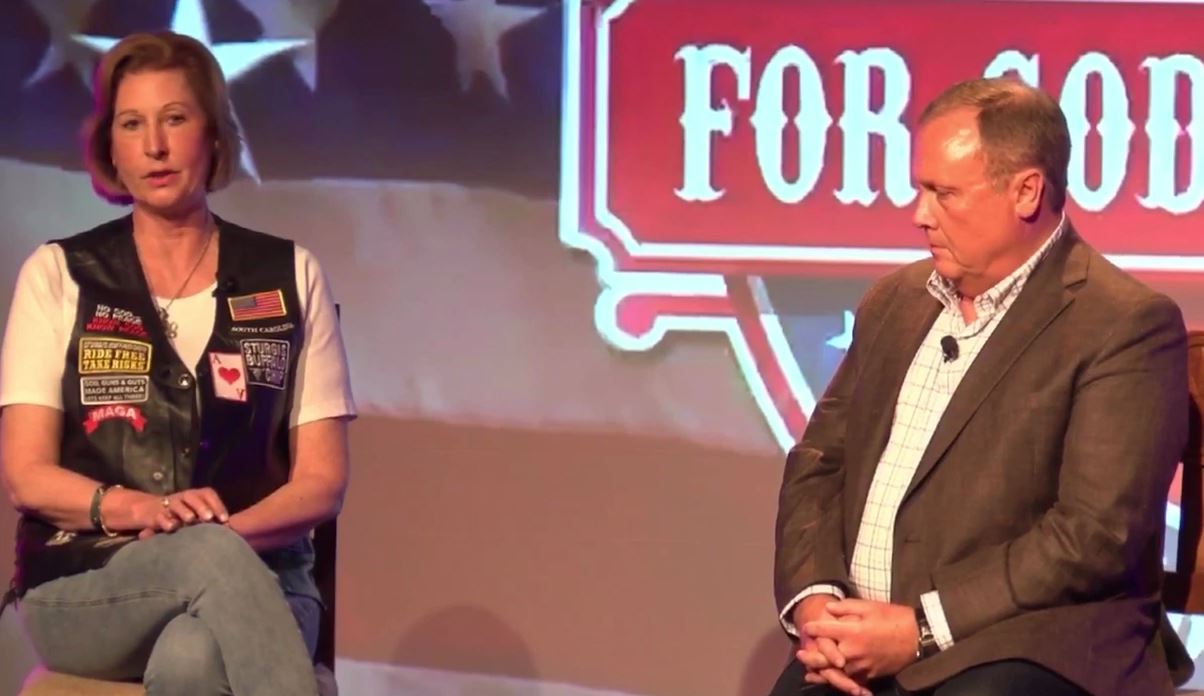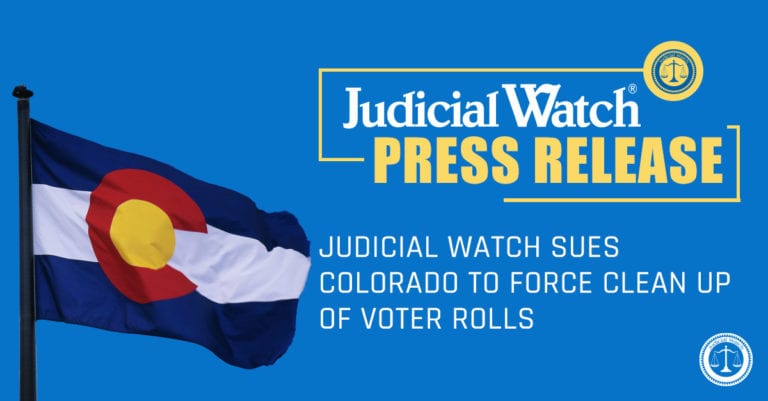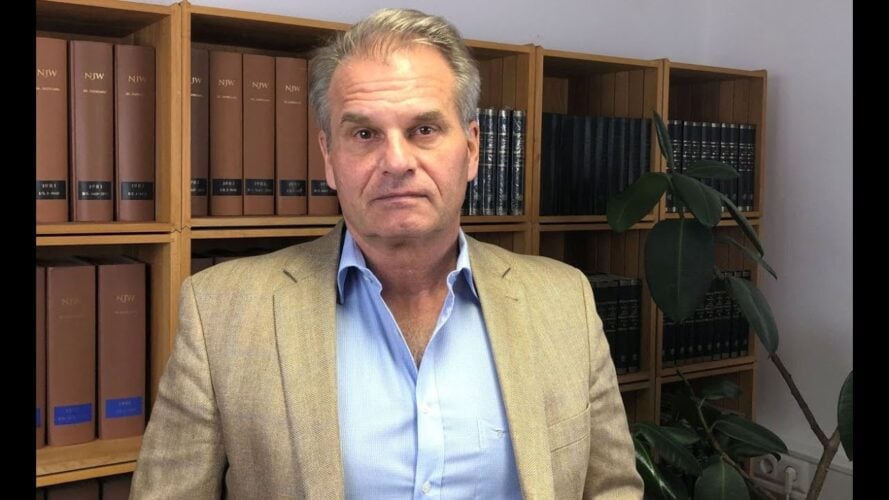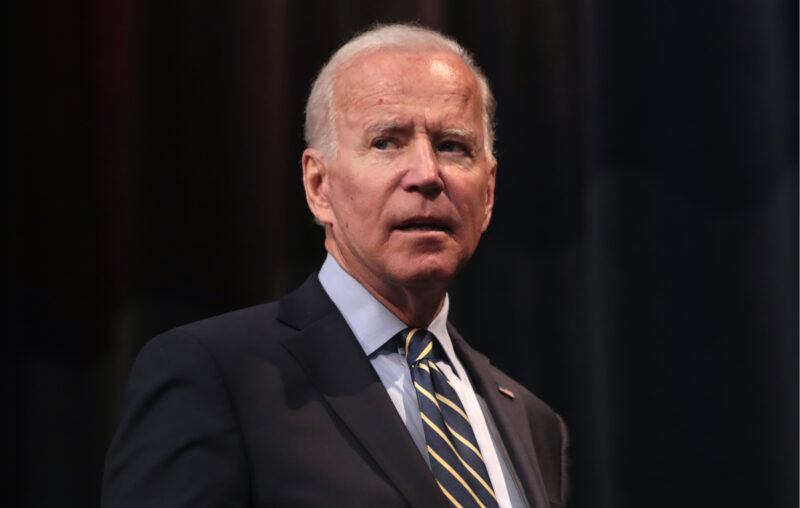Larry P. Arnn
President, Hillsdale College
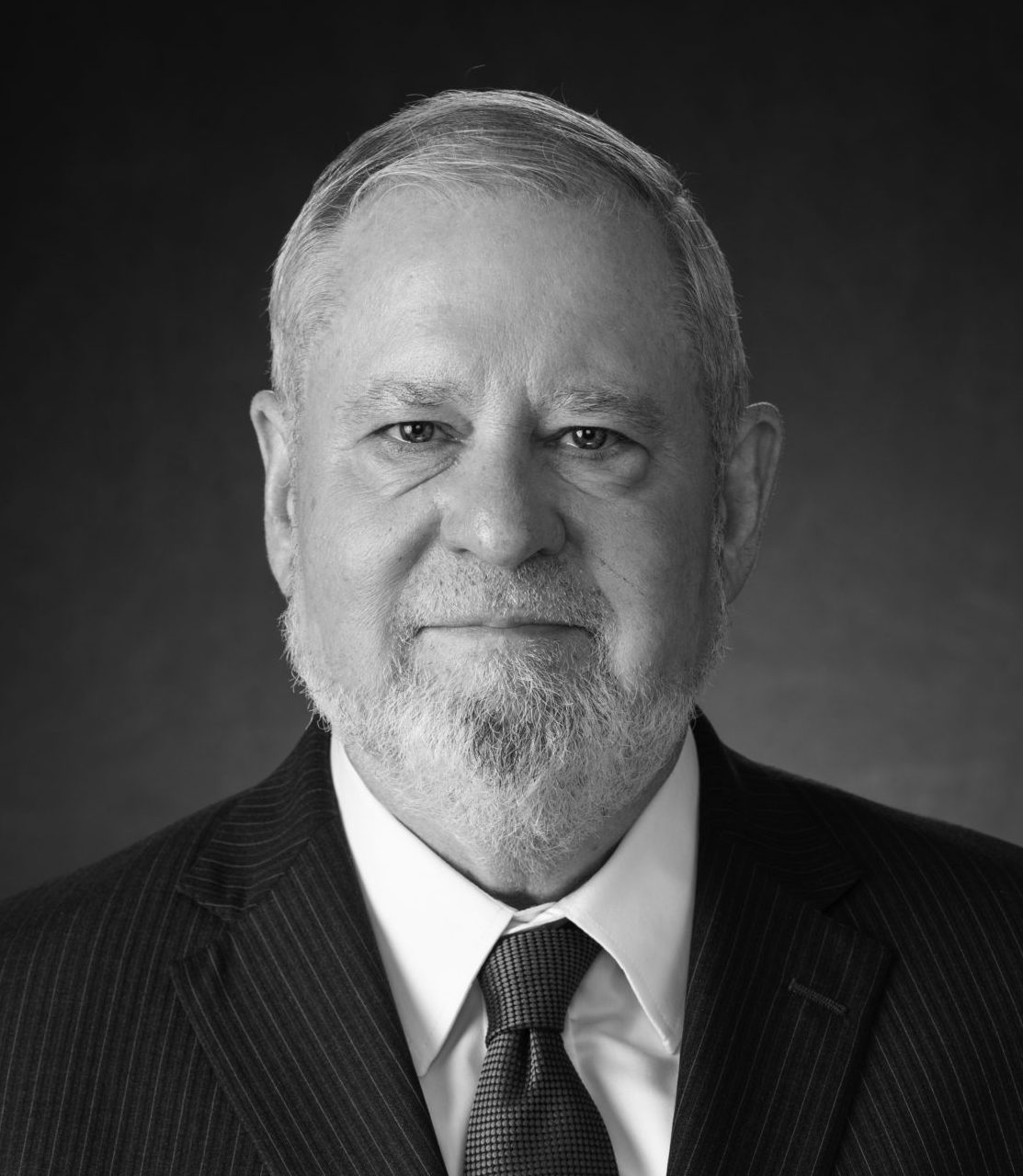 Larry P. Arnn is
the twelfth president of Hillsdale College. He received his B.A. from
Arkansas State University and his M.A. and Ph.D. in government from the
Claremont Graduate School. From 1977 to 1980, he also studied at the
London School of Economics and at Worcester College, Oxford University,
where he served as director of research for Martin Gilbert, the official
biographer of Winston Churchill. From 1985 until his appointment as
president of Hillsdale College in 2000, he was president of the
Claremont Institute for the Study of Statesmanship and Political
Philosophy. He is the author of Liberty and Learning: The Evolution of American Education; The Founders’ Key: The Divine and Natural Connection Between the Declaration and the Constitution; and Churchill’s Trial: Winston Churchill and the Salvation of Free Government.
Larry P. Arnn is
the twelfth president of Hillsdale College. He received his B.A. from
Arkansas State University and his M.A. and Ph.D. in government from the
Claremont Graduate School. From 1977 to 1980, he also studied at the
London School of Economics and at Worcester College, Oxford University,
where he served as director of research for Martin Gilbert, the official
biographer of Winston Churchill. From 1985 until his appointment as
president of Hillsdale College in 2000, he was president of the
Claremont Institute for the Study of Statesmanship and Political
Philosophy. He is the author of Liberty and Learning: The Evolution of American Education; The Founders’ Key: The Divine and Natural Connection Between the Declaration and the Constitution; and Churchill’s Trial: Winston Churchill and the Salvation of Free Government.
The following is adapted from a speech delivered at a Hillsdale College reception in Rogers, Arkansas, on November 17, 2020.
On September 17, Constitution Day, I
chaired a panel organized by the White House. It was an extraordinary
thing. The panel’s purpose was to identify what has gone wrong in the
teaching of American history and to lay forth a plan for recovering the
truth. It took place in the National Archives—we were sitting in front
of the originals of the Declaration of Independence and the
Constitution—a very beautiful place. When we were done, President Trump
came and gave a speech about the beauty of the American Founding and the
importance of teaching American history to the preservation of freedom.
This remarkable event reminded me of an
essay by a teacher of mine, Harry Jaffa, called “On the Necessity of a
Scholarship of the Politics of Freedom.” Its point was that a certain
kind of scholarship is needed to support the principles of a nation such
as ours. America is the most deliberate nation in history—it was built
for reasons that are stated in the legal documents that form its
founding. The reasons are given in abstract and universal terms, and
without good scholarship they can be turned astray. I was reminded of
that essay because this event was the greatest exhibition in my
experience of the combination of the scholarship and the politics of
freedom.
The panel was part of an initiative of President Trump, mostly ignored by the media, to counter the New York Times’
1619 Project. The 1619 Project promotes the teaching that slavery, not
freedom, is the defining fact of American history. President Trump’s
1776 Commission aims to restore truth and honesty to the teaching of
American history. It is an initiative we must work tirelessly to carry
on, regardless of whether we have a president in the White House who is
on our side in the fight.
We must carry on the fight because our country is at
stake. Indeed, in a larger sense, civilization itself is at stake,
because the forces arrayed against the scholarship and the politics of
freedom today have more radical aims than just destroying America.
***
I taught a course this fall semester on totalitarian novels. We read four of them: George Orwell’s 1984, Arthur Koestler’s Darkness at Noon, Aldous Huxley’s Brave New World, and C.S. Lewis’s That Hideous Strength.
The totalitarian novel is a relatively new genre. In fact,
the word “totalitarian” did not exist before the 20th century. The
older word for the worst possible form of government is “tyranny”—a word
Aristotle defined as the rule of one person, or of a small group of
people, in their own interests and according to their will.
Totalitarianism was unknown to Aristotle, because it is a form of
government that only became possible after the emergence of modern
science and technology.
The old word “science” comes from a Latin word meaning “to
know.” The new word “technology” comes from a Greek word meaning “to
make.” The transition from traditional to modern science means that we
are not so much seeking to know when we study nature as seeking to make
things—and ultimately, to remake nature itself. That spirit of remaking
nature—including human nature—greatly emboldens both human beings and
governments. Imbued with that spirit, and employing the tools of modern
science, totalitarianism is a form of government that reaches farther
than tyranny and attempts to control the totality of things.
In the beginning of his history of the Persian War,
Herodotus recounts that in Persia it was considered illegal even to
think about something that was illegal to do—in other words, the law
sought to control people’s thoughts. Herodotus makes plain that the
Persians were not able to do this. We today are able to get closer
through the use of modern technology. In Orwell’s 1984, there are
telescreens everywhere, as well as hidden cameras and microphones.
Nearly everything you do is watched and heard. It even emerges that the
watchers have become expert at reading people’s faces. The organization
that oversees all this is called the Thought Police.
If it sounds far-fetched, look at China today: there are
cameras everywhere watching the people, and everything they do on the
Internet is monitored. Algorithms are run and
experiments are underway to assign each individual a social score. If
you don’t act or think in the politically correct way, things happen to
you—you lose the ability to travel, for instance, or you lose your job.
It’s a very comprehensive system. And by the way, you can also look at
how big tech companies here in the U.S. are tracking people’s movements
and activities to the extent that they are often able to know in advance
what people will be doing. Even more alarming, these companies are
increasingly able and willing to use the information they compile to
manipulate people’s thoughts and decisions.
The protagonist of 1984 is a man
named Winston Smith. He works for the state, and his job is to rewrite
history. He sits at a table with a telescreen in front of him that
watches everything he does. To one side is something called a memory
hole—when Winston puts things in it, he assumes they are burned and lost
forever. Tasks are delivered to him in cylinders through a pneumatic
tube. The task might involve something big, like a change in what
country the state is at war with: when the enemy changes, all references
to the previous war with a different enemy need to be expunged. Or the
task might be something small: if an individual falls out of favor with
the state, photographs of him being honored need to be altered or erased
altogether from the records. Winston’s job is to fix every book,
periodical, newspaper, etc. that reveals or refers to what used to be
the truth, in order that it conform to the new truth.
One man, of course, can’t do this alone. There’s a film based on 1984
starring John Hurt as Winston Smith. In the film they depict the room
where he works, and there are people in cubicles like his as far as the
eye can see. There would have to be millions of workers involved in
constantly re-writing the past. One of the chief questions raised by the
book is, what makes this worth the effort? Why does the regime do it?
Winston’s awareness of this endless,
mighty effort to alter reality makes him cynical and disaffected. He
comes to see that he knows nothing of the past, of real history: “Every
record has been destroyed or falsified,” he says at one point, “every
book has been rewritten, every picture has been repainted, every statue
and street and building has been renamed, every date has been altered.
And that process is continuing day by day and minute by minute. . . .
Nothing exists except an endless present in which the Party is always
right.” Does any of this sound familiar?
In his disaffection, Winston commits two
unlawful acts: he begins writing in a diary and he begins meeting a
woman in secret, outside the sanction of the state. The family is
important to the state, because the state needs babies. But the women
are raised by the state in a way that they are not to enjoy relations
with their husbands. And the children—as in China today, and as it was
in the Soviet Union—are indoctrinated and taught to spy and inform on
their parents. Parents love their children but live in terror of them
all the time. Think of the control that comes from that—and the misery.
There are three stratums in the society of 1984.
There is the Inner Party, whose members hold all the power. There is
the Outer Party, to which Winston belongs, whose members work for—and
are watched and controlled by—the Inner Party. And there are the proles,
who live and do the blue collar work in a relatively unregulated area.
Winston ventures out into that area from time to time. He finds a little
shop there where he buys things. And it is in a room upstairs from this
shop where he and Julia, the woman he falls in love with, set up a kind
of household as if they are married. They create something like a
private world in that room, although it is a world with limitations—they
can’t even think about having children, for instance, because if they
did, they would be discovered and killed.
In the end, it turns out that the
shopkeeper, who had seemed to be a kindly old man, is in fact a member
of the Thought Police. Winston and Julia’s room contained a hidden
telescreen all along, so everything they have said and done has been
observed. In fact, it emerges that the Thought Police have known that
Winston has been having deviant thoughts for twelve years and have been
watching him carefully. When the couple are arrested, they have made
pledges that they will never betray each other. They know the
authorities will be able to make them say whatever they want them to
say—but in their hearts, they pledge, they will be true to their love.
It is a promise that neither is finally able to keep.
After months of torture, Winston thinks that what awaits
him is a bullet in the back of the head, the preferred method of
execution of both the Nazis and the Soviet Communists. In Koestler’s Darkness at Noon,
the protagonist walks down a basement hallway after confessing to
crimes that he didn’t commit, and without any ceremony he is shot in the
back of the head—eradicated as if he were vermin. Winston doesn’t get
off so easy. He will instead undergo an education, or more accurately a
re-education. His final stages of torture are depicted as a kind of
totalitarian seminar. The seminar is conducted by a man named O’Brien,
who is portrayed marvelously in the film by Richard Burton. As he
alternately raises and lowers the level of Winston’s pain, O’Brien leads
him to knowledge regarding the full meaning of the totalitarian regime.
As the first essential step of his education, Winston has
to learn doublethink—a way of thinking that defies the law of
contradiction. In Aristotle, the law of contradiction is the basis of
all reasoning, the means of making sense of the world. It is the law
that says that X and Y cannot be true at the same time if they’re
mutually exclusive. For instance, if A is taller than B and B is taller
than C, C cannot be taller than A. The law of contradiction means things
like that.
In our time, the law of contradiction would mean that a
governor, say, could not simultaneously hold that the COVID pandemic
renders church services too dangerous to allow, and also that massive
protest marches are fine. It would preclude a man from declaring himself
a woman, or a woman declaring herself a man, as if one’s sex is simply a
matter of what one wills it to be—and it would preclude others from
viewing such claims as anything other than preposterous.
The law of contradiction also means that we can’t change
the past. What we can know of the truth all resides in the past, because
the present is fleeting and confusing and tomorrow has yet to come. The
past, on the other hand, is complete. Aristotle and Thomas Aquinas go
so far as to say that changing the past—making what has been not to have
been—is denied even to God. Because if something both happened and
didn’t happen, no human understanding is possible. And God created us
with the capacity for understanding.
That’s the law of contradiction, which the art of
doublethink denies and violates. Doublethink is manifest in the fact
that the state ministry in which Winston is tortured is called the
Ministry of Love. It is manifest in the three slogans displayed on the
state’s Ministry of Truth: “War is peace. Freedom is slavery. Ignorance
is strength.” And as we have seen, the regime in 1984 exists
precisely to repeal the past. If the past can be changed, anything can
be changed—man can surpass even the power of God. But still, to what
end?
Why do you think you are being tortured? O’Brien asks
Winston. The Party is not trying to improve you, he says—the Party cares
nothing about you. Winston is brought to see that he is where he is
simply as the subject of the state’s power. Understanding having been
rendered meaningless, the only competence that has meaning is power.
“Already we are breaking down the habits of thought which have survived from before the Revolution,” O’Brien says.
We have cut
the links between child and parent, and between man and man, and between
man and woman. No one dares trust a wife or a child or a friend any
longer. But in the future there will be no wives and no friends.
Children will be taken from their mothers at birth, as one takes eggs
from a hen. The sex instinct will be eradicated. Procreation will be an
annual formality like the renewal of a ration card. . . . There will be
no loyalty, except loyalty toward the Party. There will be no love,
except the love of Big Brother. There will be no laughter, except the
laugh of triumph over a defeated enemy. . . . All competing pleasures
will be destroyed. But always—do not forget this Winston—always there
will be the intoxication of power, constantly increasing and constantly
growing subtler. Always, at every moment, there will be the thrill of
victory, the sensation of trampling on an enemy who is helpless. If you
want a picture of the future, imagine a boot stamping on a human
face—forever.
Nature is ultimately unchangeable, of course, and humans
are not God. Totalitarianism will never win in the end—but it can win
long enough to destroy a civilization. That is what is ultimately at
stake in the fight we are in. We can see today the totalitarian impulse
among powerful forces in our politics and culture. We can see it in the
rise and imposition of doublethink, and we can see it in the increasing
attempt to rewrite our history.
***
“An informed patriotism is what we want,”
Ronald Reagan said toward the end of his Farewell Address as president
in January 1989. “Are we doing a good enough job teaching our children
what America is and what she represents in the long history of the
world?”
Then he issued a warning.
Those of us who are over 35 or
so years of age grew up in a different America. We were taught, very
directly, what it means to be an American. And we absorbed, almost in
the air, a love of country and an appreciation of its institutions. If
you didn’t get these things from your family you got them from the
neighborhood, from the father down the street who fought in Korea or the
family who lost someone at Anzio. Or you could get a sense of
patriotism from school. And if all else failed you could get a sense of
patriotism from the popular culture. The movies celebrated democratic
values and implicitly reinforced the idea that America was special. TV
was like that, too, through the mid-sixties.
But now,
we’re about to enter the [1990s], and some things have changed. Younger
parents aren’t sure that an unambivalent appreciation of America is the
right thing to teach modern children. And as for those who create the
popular culture, well-grounded patriotism is no longer the style. . . .
We’ve got to do a better job of getting across that America is
freedom—freedom of speech, freedom of religion, freedom of enterprise.
And freedom is special and rare. It’s fragile; it needs protection.
So, we’ve got
to teach history based not on what’s in fashion but what’s
important—why the Pilgrims came here, who Jimmy Doolittle was, and what
those 30 seconds over Tokyo meant. You know, four years ago on the 40th
anniversary of D-Day, I read a letter from a young woman writing to her
late father, who’d fought on Omaha Beach. . . . [S]he said, “we will
always remember, we will never forget what the boys of Normandy did.”
Well, let’s help her keep her word. If we forget what we did, we won’t
know who we are. I’m warning of an eradication of the American memory that could result, ultimately, in an erosion of the American spirit.
American schoolchildren today learn two
things about Thomas Jefferson: that he wrote the Declaration of
Independence and that he was a slaveholder. This is a stunted and
dishonest teaching about Jefferson.
What do our schoolchildren not learn? They don’t learn what Jefferson wrote in Notes on the State of Virginia:
“I tremble for my country when I reflect that God is just,” he wrote in
that book regarding the contest between the master and the slave. “The
Almighty has no attribute which can take side with us in such a
contest.” If schoolchildren learned that, they would see that Jefferson
was a complicated man, like most of us.
They don’t learn that when our nation
first expanded, it was into the Northwest Territory, and that slavery
was forbidden in that territory. They don’t learn that the land in that
territory was ceded to the federal government from Virginia, or that it
was on the motion of Thomas Jefferson that the condition of the gift was
that slavery in that land be eternally forbidden. If schoolchildren
learned that, they would come to see Jefferson as a human being who
inherited things and did things himself that were terrible, but who
regretted those things and fought against them. And they would learn, by
the way, that on the scale of human achievement, Jefferson ranks very
high. There’s just no question about that, if for no other reason than
that he was a prime agent in founding the first republic dedicated to
the proposition that all men are created equal.
The astounding thing, after all, is not
that some of our Founders were slaveholders. There was a lot of slavery
back then, as there had been for all of recorded time. The astounding
thing—the miracle, even, one might say—is that these slaveholders
founded a republic based on principles designed to abnegate slavery.
To present young people with a full and honest account of
our nation’s history is to invest them with the spirit of freedom. It is
to teach them something more than why our country deserves their love,
although that is a good in itself. It is to teach them that the people
in the past, even the great ones, were human and had to struggle. And by
teaching them that, we prepare them to struggle with the
problems and evils in and around them. Teaching them instead that the
past was simply wicked and that now they are able to see so perfectly
the right, we do them a disservice and fit them to be slavish, incapable
of developing sympathy for others or undergoing trials on their own.
Depriving the young of the spirit of
freedom will deprive us all of our country. It could deprive us,
finally, of our humanity itself. This cannot be allowed to continue. It
must be stopped.
